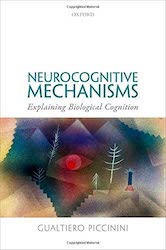The T<>D principle in sociology
This article sheds original light on the violence of 2023 in France, redefining what true participatory democracy can be. Abstract: The individualist principle is easy to locate in my unique body, while my solidarity principle is lost in a maze of social circles with less and less identity. Intimate circles focus and strengthen my empathy. … Read more









